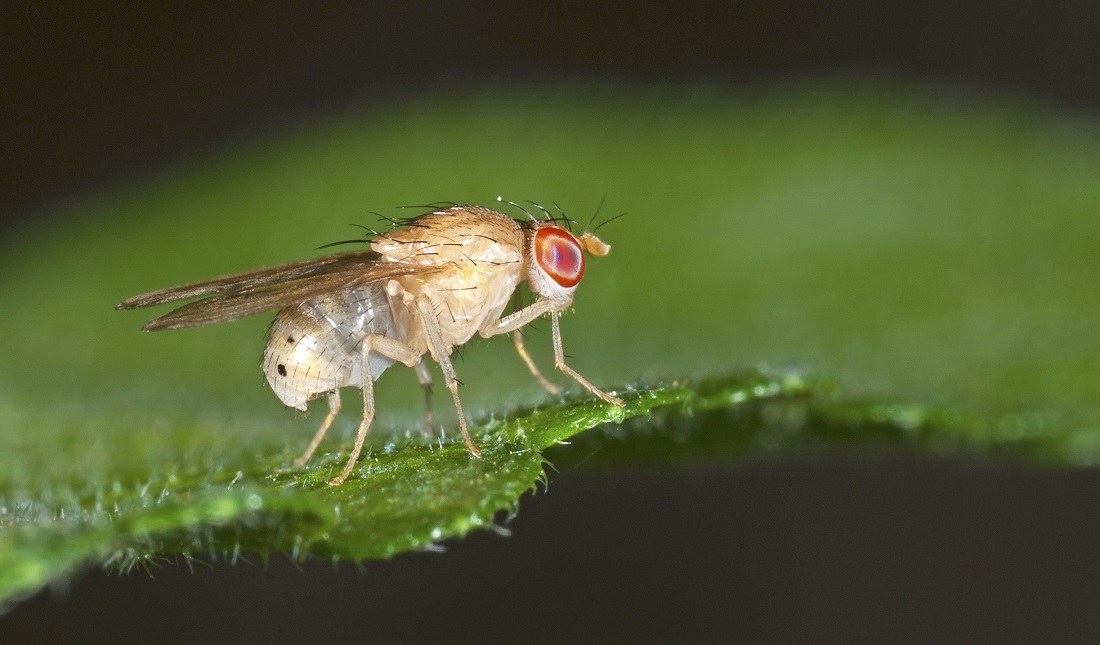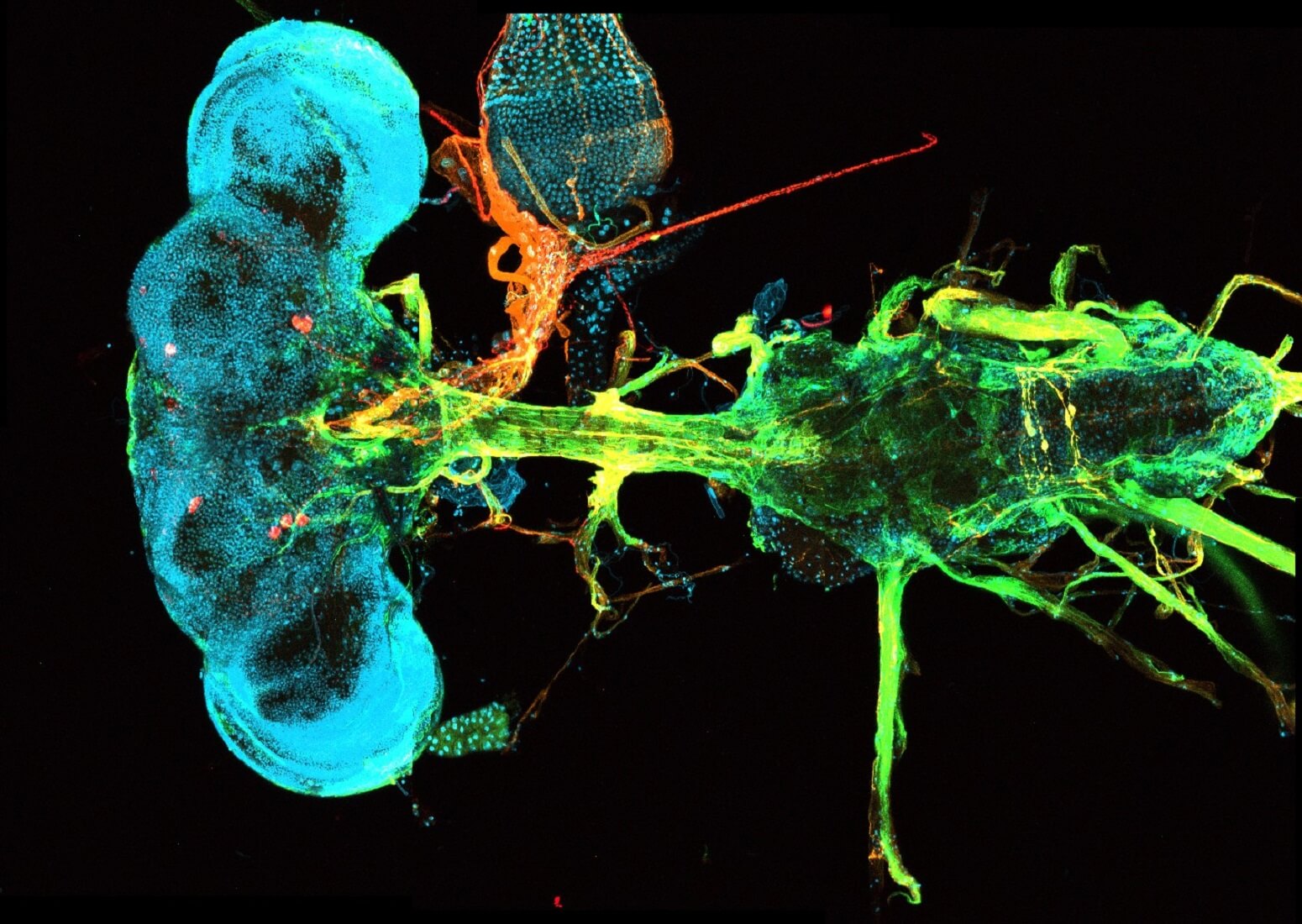Could this explain why childhood obesity leads to early puberty?
Puberty often begins early for children who are obese. While there is nothing new about this fact, a scientific explanation has been elusive. Now, a team of scientists at the University of Copenhagen offers what may be a partial explanation.

Along with an ever-increasing number of obese children around the world, children are entering puberty earlier and earlier. This is particularly true for girls. According to a survey, the onset of puberty occurs on average three months earlier for girls in every decade since 1977.
Early puberty, also known as precocious puberty, can leave children with psychological and social problems, as well as causing them to be shorter than they would otherwise be. Studies also suggest that early puberty can increase the risk of developing cancer, diabetes, depression and cardiovascular disease later on in life.
While various reasons have been speculated upon, there are no clear scientific explanations for early puberty. Nevertheless, the link between childhood obesity and early puberty has long been apparent. The more body fat a child has, the greater their likelihood of beginning puberty at an earlier age. However, no one has been able to fully explain the connection. Now, a team of research scientists from the University of Copenhagen has found what may be part of the answer in a so-called “model organism” that is genetically similar to humans – namely, in Drosphila fruit flies.
"Cholesterol is a fat. So, if you’re overweight, your body fat harbors more cholesterol. And it turns out that higher cholesterol is a key to earlier maturation in the fruit fly, our model organism. Our results demonstrate that the amount of cholesterol in adipose tissue and in certain support cells in the brain affects the growth of fruit flies and controls when they reach maturity," explains Professor Kim Rewitz, a lead author of the study, now published in the renowned journal Current Biology.
He adds:
"And because the systems in fruit flies and humans are remarkably similar, we believe that the same may apply to humans – i.e., that cholesterol in adipose tissue may help explain the connection between childhood obesity and early puberty."

Puberty begins when the body reaches a certain weight
Professor Rewitz and the Department of Biology research team tested their hypothesis by putting fruit fly larvae on a "fatty diet" of cholesterol-packed foods. The development of these larvae was compared with larvae that hadn’t received the high cholesterol diet.
"We observed that larvae on the cholesterol diet consistently grew faster and entered “puberty” sooner. It turned out that the increase of cholesterol stored in the fruit flies’ body fat and support cells in the brain increases the release of growth hormones that cause the animals to grow faster. Growth and size is a signal to the body for when to trigger puberty," says Kim Rewitz.
The professor explains that in fruit flies, the signal to undergo maturation is when their weight and amount of body fat reach a certain point during development:
"In one way or another, animals need to know when they're large enough to reach sexual maturity and be able to reproduce. Organisms have a checkpoint in their development that they must pass to enter puberty known as 'Critical Weight'. This checkpoint is found in fruit flies and most likely in humans too. This means that both fruit fly larvae and children probably need to reach a certain body size and have a certain amount of fat stored to enter puberty. What we’ve found is that the amount of cholesterol stored in body fat plays an important role in this process."
Professor Rewitz continues:
"We see that fruit flies have a mechanism that senses how much cholesterol is stored in their body fat and support cells in the brain. At a certain point, the system then sends a signal to the brain centers that triggers maturation by producing steroid hormones. In humans, these correspond to testosterone and estrogen," says Kim Rewitz.
However, it also means that if the amount of stored cholesterol increases, the organism can actually fail to estimate its overall size accurately, so that it hits the critical weight checkpoint earlier than it normally would:
"Because overweight children have more body fat, they will probably also have stored more cholesterol at an earlier point in their development. So, if our assumption that the same mechanism exists in humans holds true, it could help to explain early puberty in obese children," says the researcher.

Cholesterol may influence cancer as well
Professor Rewitz hopes that other researchers will follow up on this study with models in mammals and eventually humans.
"Early puberty is a growing problem around the world. Now that we might have an important part of the explanation for how obesity and early puberty are connected, we may be able to better establish the great significance that obesity has for childhood development. Thereafter, we can see whether new ways can be found to address the problem. For the time being, lifestyle changes are probably the best solution," says Kim Rewitz.
Professor Rewitz and his research colleagues have now started to look deeper into the significance of the cholesterol mechanism for cancer development. Their research also shows that, via the same mechanism, cholesterol can activate cell growth that leads to cancer.

Contact
Kim Rewitz
Professor
Department of Biology
University of Copenhagen
kim.rewitz@bio.ku.dk
+45 35 33 01 55 / +45 61 65 60 26
Maria Hornbek
Journalist
Faculty of Science
University of Copenhagen
maho@science.ku.dk
+45 22 95 42 83
